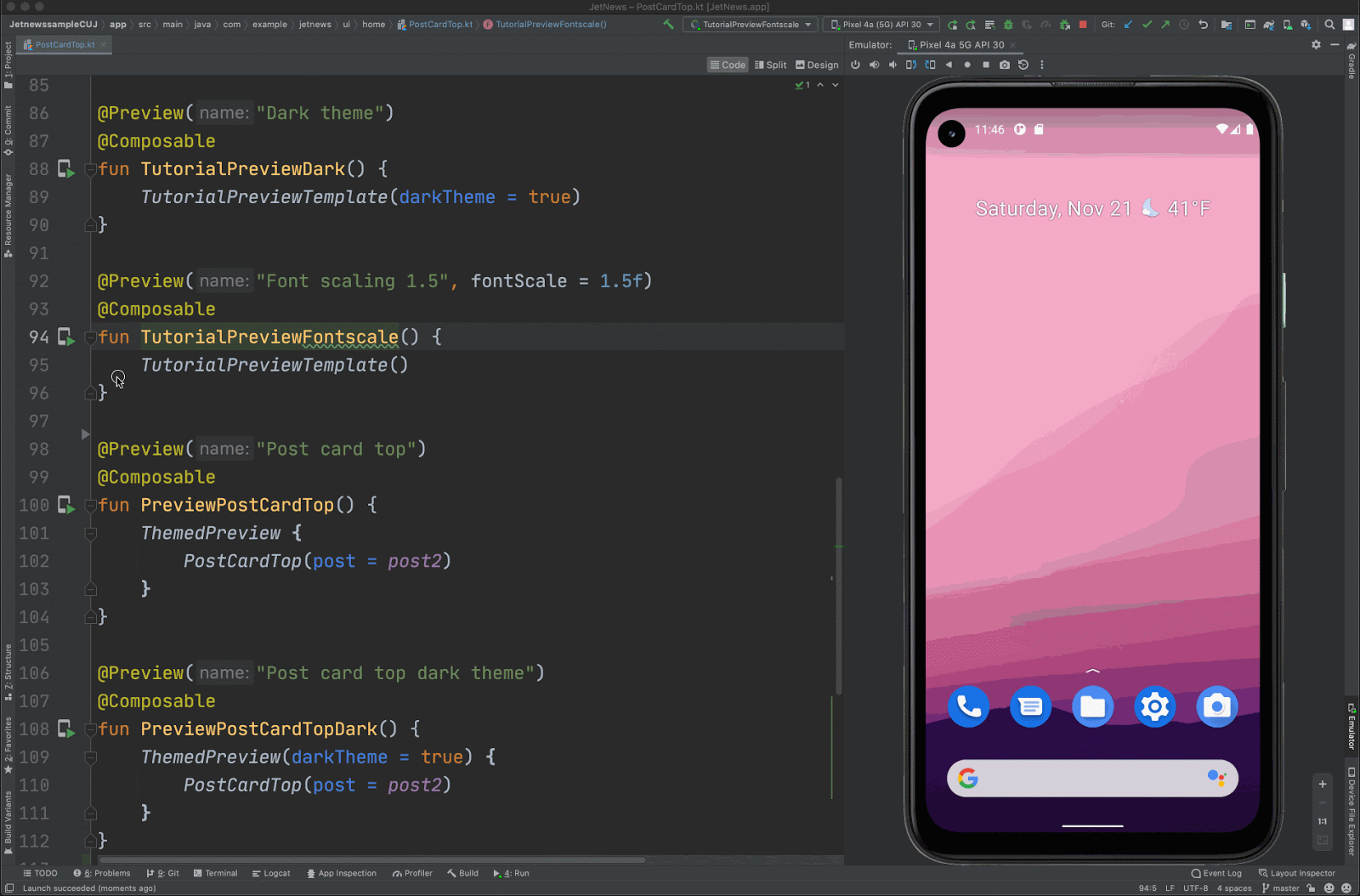Treble Plus One Equals Four

Posted by Iliyan Malchev (Project Treble Architect), Amith Dsouza (Technical Account Manager) , and Veerendra Bhora (Strategic Partnerships Manager) Extending Android updates on Qualcomm’s Mobile Platforms In the past few years, the latest Android OS has been adopted earlier by OEMs and deployed in larger numbers to our users. The growth in adoption has been driven by OEMs delivering faster OS updates, taking advantage of the architecture introduced by Project Treble. At the time Android 11 launched there were 667M active users on Android 10, 82% of whom got their Android 10 build via an over the air (OTA) update. Despite the events throughout 2020, there is a continued momentum among our partners to either launch their devices on Android 11 or offer Android 11 OTAs on their devices earlier. Our efforts till now have been focussed on making OS updates easier and faster to deploy. The other side of this coin is supporting updates for a longer period of time, and today we’d like to provi





